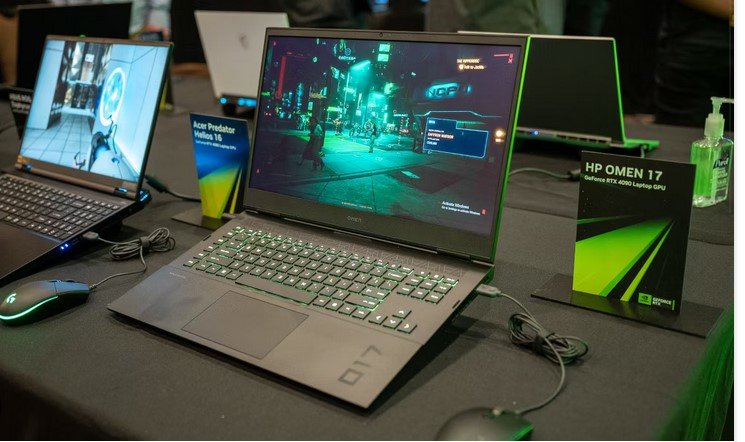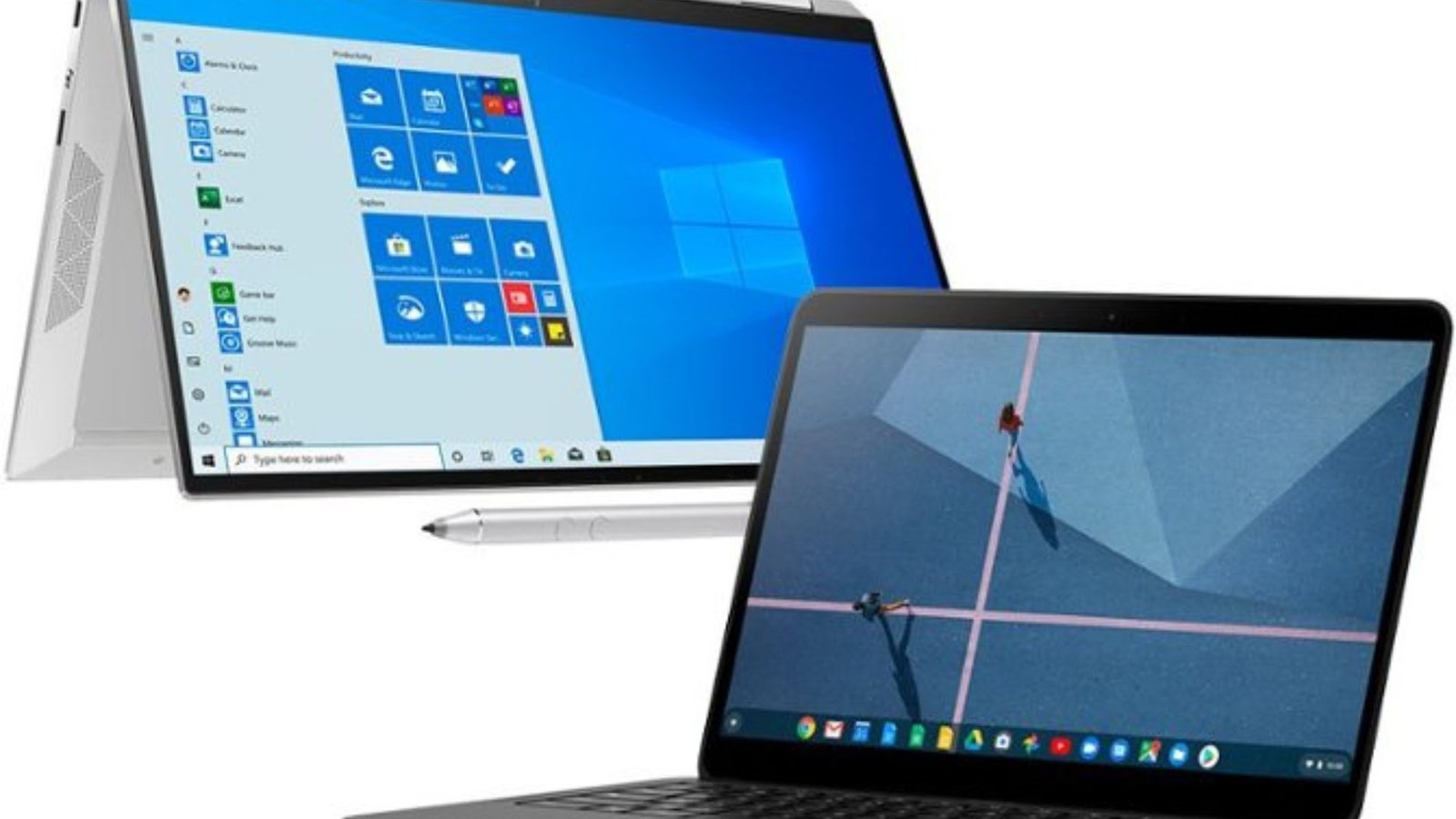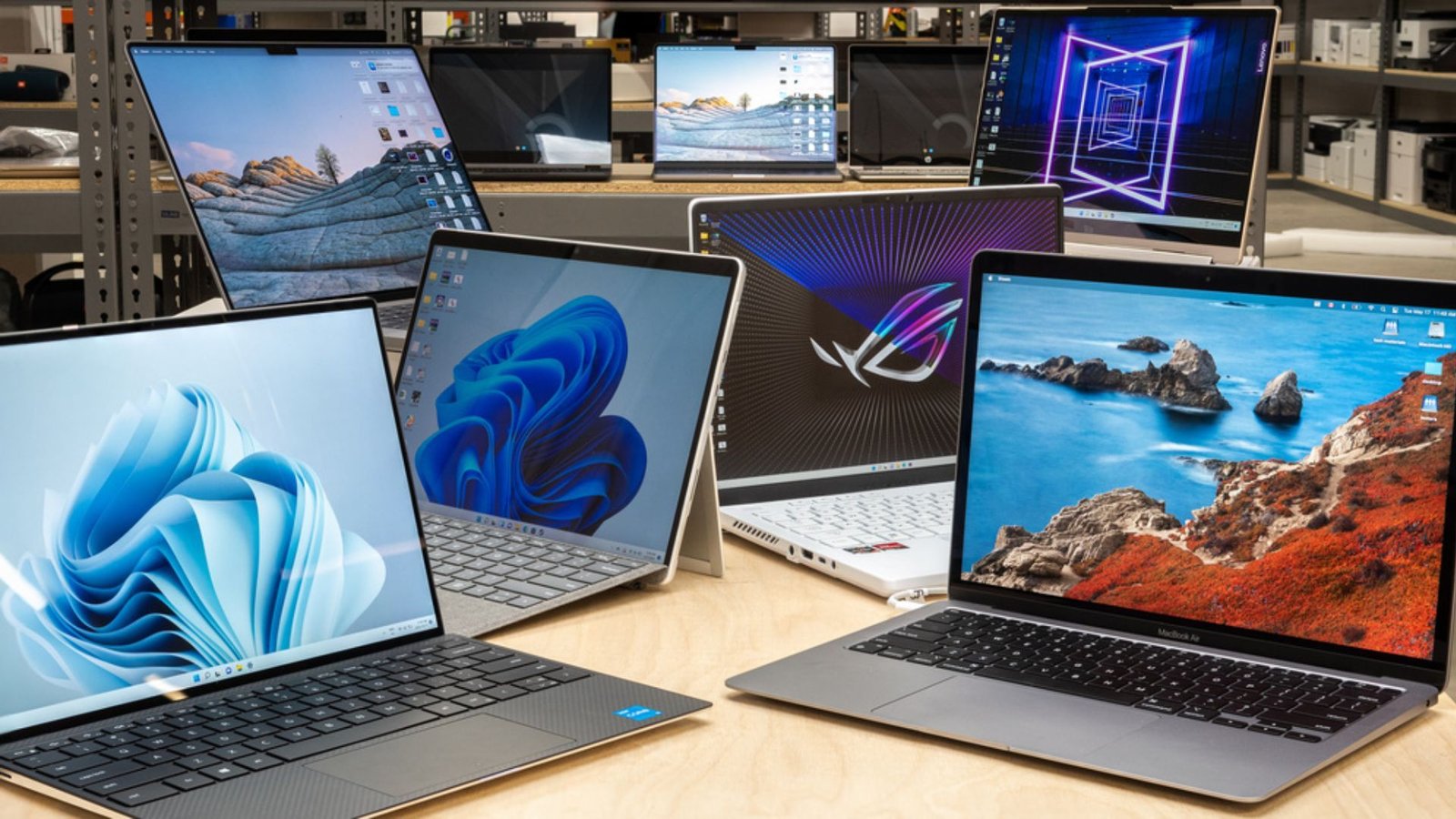When choosing between a gaming laptop and a regular laptop, it’s essential to understand their distinct features and performance capabilities. Gaming laptops are designed to handle demanding graphics and processing requirements, while regular laptops offer versatility for everyday tasks. In this guide, we’ll compare gaming laptops with regular laptops to help you make an informed decision based on your needs.

What Makes a Gaming Laptop Different?
Gaming laptops are built with high-performance components to handle the intensive demands of modern video games. They are equipped with powerful GPUs, high-refresh-rate displays, and advanced cooling systems to ensure smooth gameplay and graphics rendering.
1. Performance and Power
The primary difference between a gaming notebook and a regular laptop lies in performance. Gaming laptops feature high-end processors (CPUs) and dedicated graphics cards (GPUs) designed to handle complex graphics and high frame rates. This performance is crucial for running the latest games at high settings and resolutions. Regular laptops, on the other hand, typically have integrated graphics and lower-power processors suitable for basic tasks like web browsing and document editing.
2. Cooling Systems
Gaming laptops come with advanced cooling systems to manage the heat generated by high-performance components. These systems often include multiple fans, heat pipes, and vapor chambers to ensure optimal temperatures during intense gaming sessions. Regular laptops may have simpler cooling solutions, which are sufficient for everyday use but may not handle the heat generated by prolonged high-performance tasks.
3. Display Quality
A gaming laptop usually features a high-refresh-rate display (120Hz, 144Hz, or higher) to provide smooth and responsive gameplay. The color accuracy and brightness of the display are also optimized for gaming. Regular laptops generally have standard displays with lower refresh rates and less emphasis on gaming-specific features.
4. Design and Build
Gaming laptops often have a more robust and sometimes bulky design to accommodate powerful hardware and cooling systems. They may also feature customizable RGB lighting and a gaming-centric aesthetic. Normal laptops typically have a more streamlined and portable design, focusing on mobility and everyday functionality.
Regular Laptops: Versatility for Everyday Use
Regular laptops are designed for general computing tasks and offer versatility for a wide range of activities. They are ideal for users who need a reliable device for work, school, or casual use.
1. Performance for Everyday Tasks
While regular laptops may not have the same high-end components as gaming laptops, they are well-suited for everyday tasks such as word processing, web browsing, and media consumption. They offer sufficient power for standard applications and are often more affordable than gaming-specific models.
2. Portability and Battery Life
Regular laptops typically prioritize portability and battery life, making them convenient for users who need a device for travel or long workdays. They tend to be lighter and more compact compared to gaming laptops, which can be bulkier due to their powerful hardware and cooling systems.
3. Cost-Effectiveness
Regular laptops are usually more cost-effective than gaming laptops. They provide good value for users who do not require high-end graphics performance. The lower price point makes them an attractive option for students, professionals, and casual users who do not need the specialized features of a gaming laptop.
4. Design Options
Regular laptops come in a variety of designs, from sleek ultrabooks to durable business models. Users can choose from different sizes, finishes, and form factors to match their preferences and needs.
Conclusion: Which Laptop is Right for You?
Choosing between a gaming laptop and a regular laptop depends on your specific needs and usage scenarios. If you prioritize high performance for gaming and graphic-intensive tasks, a gaming laptop is the ideal choice. However, if you need a versatile device for everyday activities, a regular laptop will offer the functionality and portability you require. Consider your budget, performance needs, and design preferences to make the best decision for your computing needs.










